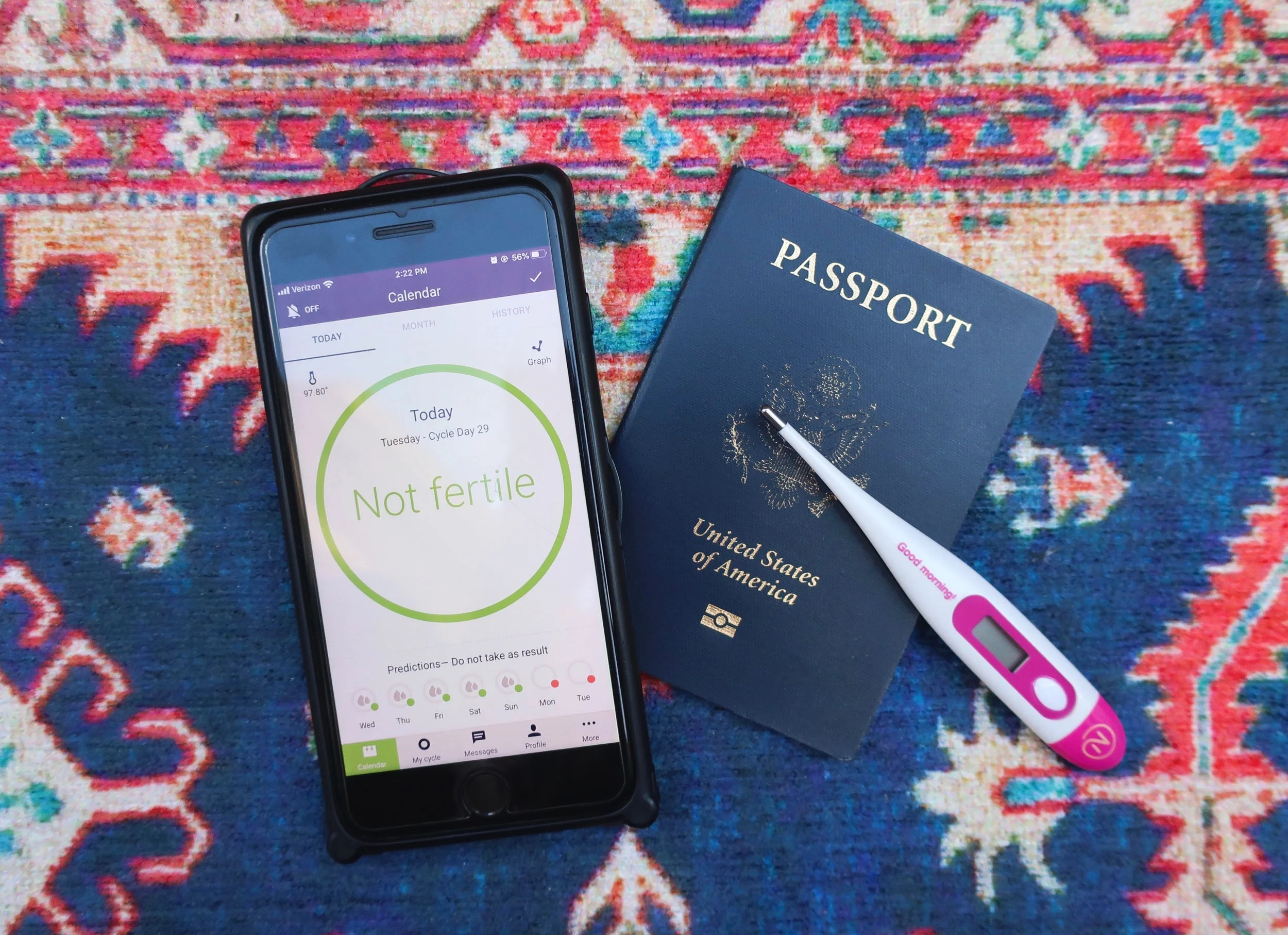The Disadvantages of Using AI to Learn a Language
/While I do think some forms of AI can be helpful tools, I firmly believe it shouldn’t be used as a replacement to real human teachers for something as personal and emotional as learning a language.
I must admit that I regularly turn to AI when I need a quick turnaround for things like translation or finding synonyms (I use DeepL), but in my experience achieving a degree of fluency in French in less than three years from scratch, I know the most effective methods I used all involved real teachers. Regardless of what level you are starting at or are hoping to achieve, there are cost-effective and convenient methods to learn a language from a real teacher– and in turn, you can also benefit from the irreplaceable advantages that come with them.
Continue reading to discover all the disadvantages that discourage me from using AI to learn a language, and a list of the alternative online platforms I prefer to use instead.
Some advantages of using AI to learn a language
Cost and accessibility
Many AI chatbot tools are free to use, making them accessible to more users.
Availability
Chatbots are available at any hour of the day or night, and you don’t have to schedule ahead of time nor cancel if you have a last-minute conflict.
The responses are immediate
The moment you ask a chatbot any question, you can expect a response immediately.
The disadvantages of using AI to learn a language
It can be hindering you from reaching your most important goal
This is the most significant reason why I don’t use AI chatbots to learn French. I’m often asked if I use them, and my response is always this: I think back to my original goals and reasons for learning French, and it’s simply to be able to understand, communicate, and express myself with real people in French. My goal is not to communicate with chatbots. So if I have the opportunity to choose between the two, I will always choose to communicate with a real person. Even if I still have a long way to go, if I practice French with a real teacher and other real students, then I’m already achieving my goal.
Your memory can’t benefit from the emotional aspect of speaking with a real person
Have you ever come across this phrase?: “You might not remember what someone said, but you’ll always remember how they made you feel.” Communicating with a real person naturally allows you to find common ground and understanding, share and learn from real life experiences and examples, and connect over the progress that’s made through each interaction. Our memories are often tied to our feelings: the pride you felt when a native speaker complimented your accent, the joy you felt when you cracked a joke and made someone laugh, the sense of curiosity you felt when you eavesdropped on someone else’s conversation, or even the embarrassment you felt when you learned you accidentally used a vulgar expression during a formal interview. These moments aren’t just part of your language-learning journey, they form a part of your life story and your memory will be better served if these experiences happen authentically instead of artificially.
Less real world context
Generative AI or chatbots may be able to give you detailed summaries of general collective experiences, but having a conversation with a real human can give you specific advice, anecdotes, or guidance based on real experiences that they’ve lived. Additionally, a real teacher who speaks natively will be able to provide more context about topics like the evolution of the language, or more accurate usage of slang, familiarity, and commonality of specific words or phrases. In my experience learning from various teachers in various contexts, I’ve also noticed that there are sometimes some disagreements on the usage of some words or phrases: for example, one teacher may believe that a term has a negative connotation while another teacher believes the connotation of the same word is rather positive. I found that just learning about these differences was an important lesson on the perception of language and how individuals’ personalities and world views may influence their ideas. Language is ever-evolving and expression is very personal– and learning lessons like these will better prepare you for communicating effectively in the real world.
Less motivation and less accountability
If you are trying to make a habit out of learning a language, having a greater sense of accountability to show up to your lessons or classes can be an effective motivator. To learn a language using AI, you would have to be really skilled at motivating yourself to remain consistent, apply your learnings, and follow-through with the assigned tasks. If you choose a learning method that involves real people, you will be more inclined to remain consistent and be present if others are relying on your participation or your attendance. I personally am much more inclined to follow through with something if it’s fun or if someone else is counting on me, and in my opinion chatbots don’t provide either of those elements.
The online language learning methods that I prefer to use instead of AI
Preply
Preply is an online platform that connects language students with private teachers from all over the world. Students can filter through their expansive network to find teachers that specialize in particular subjects or in test preparation, or to simply find a native speaker to practice conversational skills with. It’s also possible to narrow your search filters to find a teacher that’s within your budget and lives in your time zone. You can read my full review which details what I love most about Preply and how I use it here.
Lingoda is an online platform that offers live, small group classes and private classes. Students can purchase class packages and follow their flexible curriculum at their own pace, or join a “Sprint” which gamifies the learning process and gives students a reward for completing a certain number of classes within a two-month period, in the form of 50% cash back or 100% class credit to continue progressing on their platform. You can read more about my experience successfully completing Lingoda’s Language Sprint for French here.
Babbel Live
Unfortunate update – Previously I recommended a service offered by Babbel called Babbel Live, which is now being shut down. Many within the online language community– teachers, students, and myself– are absolutely disappointed in their announcement as well as the lack of clarity provided ahead of their announcement, especially because they’ve also just started teasing their “AI Conversation Practice” tool. While the situation is disappointing for a number of reasons, I personally think that the ultimate cause that led to the Babbel Live service being shut down was likely due to an unsustainable economic model. For $99/month, students could attend an unlimited number of their live, small group classes. I certainly agree with many of the other Babbel Live students I’ve heard from and spoken to when they shared that Babbel Live was a very affordable service considering how effective it was at improving language skills. I can only hope that Babbel will reconsider offering live classes again in the future (even if it came at a higher subscription price), but until then I’ll keep recommending Lingoda instead.
Are you considering using generative AI or chatbots to learn or practice a language? If you have any questions about my experience and why I prefer other platforms, let me know below in the comments!
This post contains affiliate links and at no cost to you, I may earn a commission which allows me to keep this site free for all readers. I only recommend properties, products, brands, and services that I personally use and believe in.






































